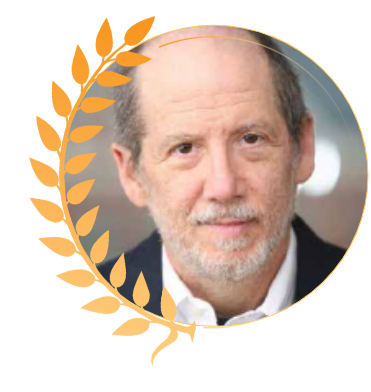Giants of Cancer Care® Program Inductees

Gastrointestinal Cancer
Bert Vogelstein, MD
Johns Hopkins Medicine
- Clarified the role of the gene p53, which repairs DNA in dividing cells and destroys the cell if its DNA cannot be repaired. Damaged p53 is responsible for half of all cancers. More recently, his group sequenced the DNA of human breast and colon cancer, identifying genes that are mutated in each cancer.
- Developed the concept that some genes, such as TP53, KRAS, and APC, are involved in cancer with great frequency, in close to 100% of some cancers; he called these genes "mountains." Thousands of genes are involved in cancer but are found at very low frequencies; he called these genes "hills." Collectively, however, the hills are also required for most cancers.
- His work on colorectal cancers forms the paradigm for much of modern cancer research. He designed novel approaches to study the molecular basis of these tumors and found that they result from the sequential accumulation of alterations in oncogenes and tumor suppressor genes.
Home
SUPPORTED BY





